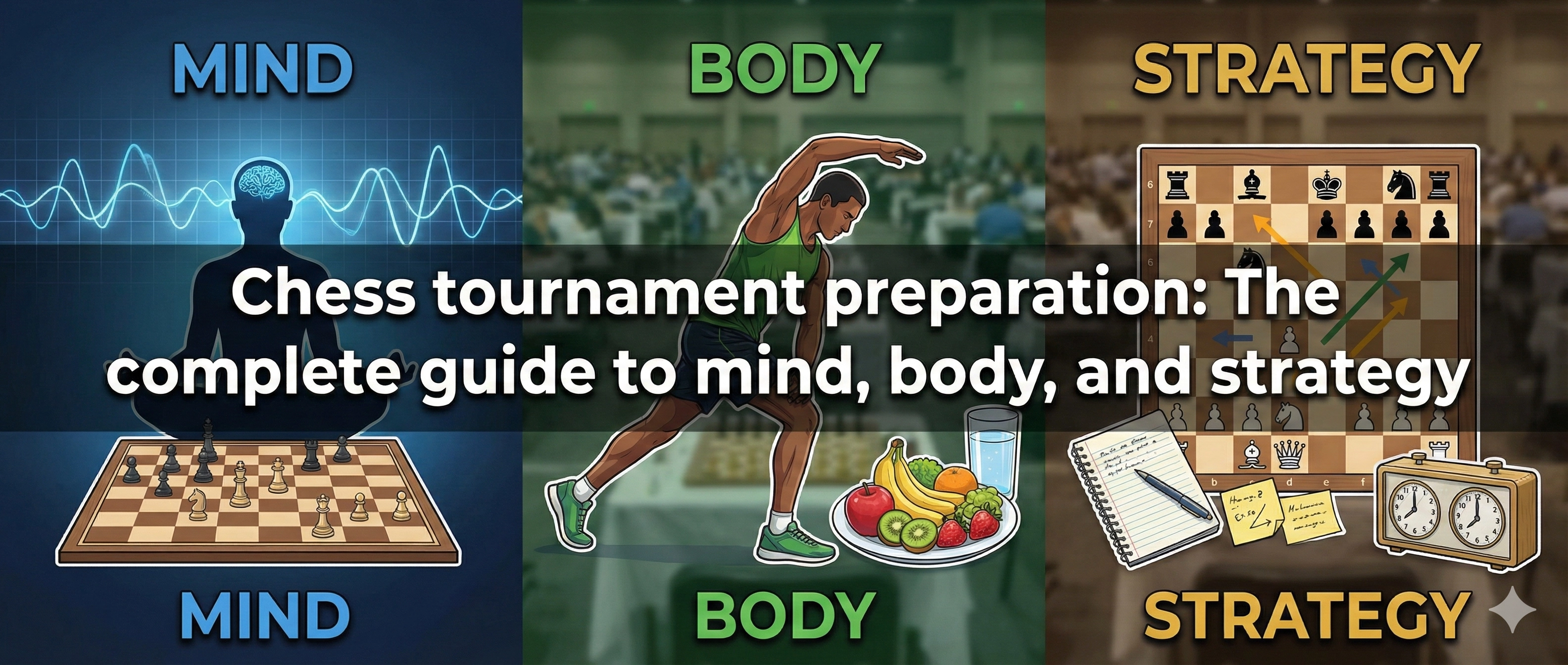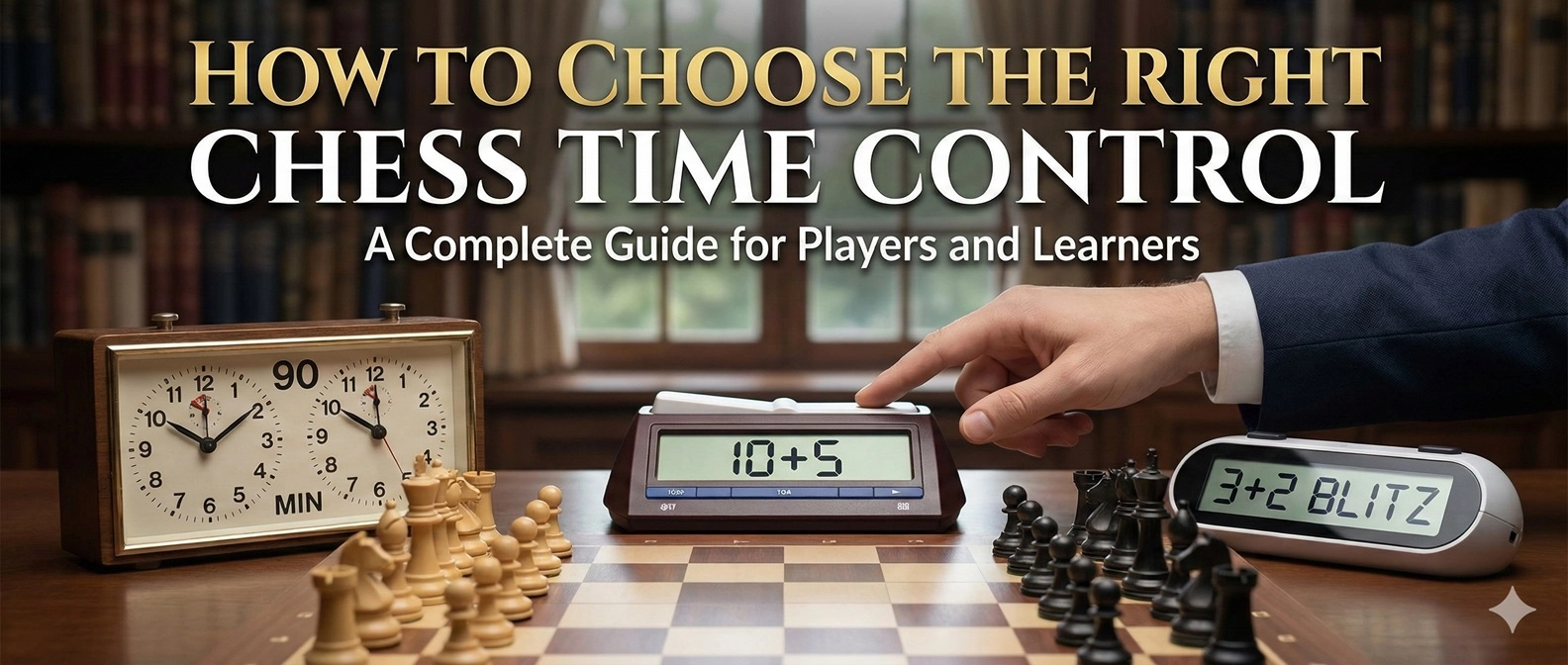The piano or keyboard is probably the most popular and a great first instrument for many people - but it is not necessarily an instrument to learn
It takes many years of hard work and long practice sessions. Then why do people say it is an easy instrument to learn? Or is it hard to learn only for some people? Let’s find out.
- Why is Piano a Suitable First Instrument to Learn?
- 7 Things you Must Know that Make Learning Piano Hard
- 5 Tips to Help a Beginner Learn Piano
- How Long Before I am Considered a Good Player?
- Conclusion
- FAQ’s
- 1. Is learning piano difficult for beginners?
- 2. What basic skills do I need to learn piano?
- 3. How long does it take to learn piano?
- 4. Can anyone learn to play the piano?
- 5. What should I consider before starting piano lessons?
- 6. Do I need a piano or keyboard to start learning?
- 7. What are common challenges when learning piano?
- 8. Are online piano lessons effective?
- 9. What resources are available for learning piano?
- 10. How can I stay motivated while learning piano?
Why is Piano a Suitable First Instrument to Learn?
1. Provides a Solid Foundation for Music
The piano is set up intuitively, with a simple layout that you can learn quickly.
If you start playing the keyboard or the piano, you will realize that all the notes are placed one after the other, which means you can alternate between the black and white keys to produce the sound you want.

The way it’s set up gives you the firm and fundamental knowledge of music theory very quickly, making it a less complicated option than string instruments.

2. Improves Dexterity and Coordination

There are very few musical instruments that do not need hand-eye coordination. Most of them require using both hands, and even using feet, like in the piano.

When beginners start learning the keyboard or piano under a good teacher, the instructor first teaches them to play different things-like chords, scales, and arpeggios-with both hands.

This experience of playing music with different hands improves dexterity and coordination, which is a valuable skill to have both physically and psychologically. This can also help you play piano and sing at the same time.
3. You can Learn Plain Melodies Quickly
One big reason why the piano is considered a perfect beginner’s instrument is the instant gratification it provides. Unlike many other instruments, where progress feels slow, on the piano you can start playing simple jingles within just a few weeks of practice.
This quick progress keeps beginners motivated and excited. Seeing real results early on helps maintain interest and builds confidence to keep learning.
7 Things you Must Know that Make Learning Piano Hard
1. Reading Sheet Music

Reading music from the sheets is a minor hurdle every pianist must go through. If you start reading and understanding grand staff from a young age, it will come to you like a second language since you are still in the learning stages of life.
However, it can be a challenge for some adults. It’s not that hard to learn to read the notes by taking them and playing them on the piano - playing different parts with both right and left hands makes things difficult. Of course, if you keep working on it, sight-reading will become easier.
But most importantly, don’t rush the process; learning to sight-read is like learning a whole new language, vocabulary, and symbols.
But there is a great benefit to learning to read sheet music; it will allow you to play almost any song on the first try just by reading the sheets, no matter what era the composition may belong to.
2. Playing Chords
It’s a common problem among novices; since it is hard for them to wrap their head around the idea of playing with both hands simultaneously. It Is the most basic requirement that may seem hard.
Traditionally the left-hand plays the bass notes and chords of a song, while the right-hand plays the melody and higher notes.
This may seem challenging because our hands are not used to performing independent functions. However, this issue can be solved with simple brain exercises to improve coordination.
3. Hand Independence
While playing, both hands are required to play not only different parts but also different rhythms on some occasions. It takes a significant level of concentration, but it’s not impossible.
This part of playing the piano can be extra challenging, depending on your dominant hand. If you are right-handed, you will indeed need to train your left-hand more; if you are left-handed, you will need to prepare your right hand more.
A skilled piano player can play the same piece of music with both hands independently with years of training.
4.Playing by Ear
Playing the piano by ear is possible, but it is challenging to do this with any other instrument. It takes a lot of experience to know how to turn a single note on a piano into a chord.
To play by ear, you need to hear a chord in a song, then find each note in that chord and replicate it on the piano. This might be challenging because most people aren't born with the perfect pitch to know if they are picking the right note or chord.
5. Pianists also use their Foot

If you have seen an upright acoustic piano, you know that it has pedals. Specifically, there are 3 of them, and those piano pedals perform particular functions.
Types of Pedals
Sustain pedal
Una Corda pedal
Sostenuto pedal
These three pedals either sustain a note, make a chord or note soft or lower the note of a piano. While concentrating on your hands to improve their speed and dexterity, people forget about the pedals.
This can be a tricky situation to navigate for some first-timers. But if you have a keyboard or a digital piano you won't have to worry about it.
6. Having the Wrong Expectations
Most people wish to learn piano to play their favorite songs. They want to play compositions from their favorite brands or singers or Mozart or Chopin, but this won’t happen from the get-go.
As a beginner this is too much to expect as an instant result. Because of this most people give up halfway on their journey. You will have to start with nursery rhymes: maybe ‘Twinkle Twinkle Little Star’ or “Mary had a Little Lamb.”
Do that for a good year, and perhaps you can think about pop songs like “Don’t Stop Believing” or classical pieces like “Sonata in C major.”
7. 88 Keys to Memorize

The layout of the piano is like a double-edged sword, meaning, its simplicity is its complication. While the layout of the keys on the piano is simple to memorize, there is a lot to memorize, which can be intimidating.
One easy way to do this is to label the keys. There are a lot of ways to do this - you can use stickers or markers or readymade piano stickers.
So many keys also means that the piano has the most comprehensive pitch range of all instruments, which speaks for its versatility and difficulty simultaneously.
The good thing is that you have no repetition of notes, so you won’t hit any confusion when finding the pitch you want.
5 Tips to Help a Beginner Learn Piano
1. Learn with Instructor
There is a reason that the traditional student-teacher relationship gives excellent results. It is more efficient than learning and navigating on your own.
And with the world connected to the internet, you won’t even have to step out of your house. You can learn the piano from your living room through online classes. Taking piano lessons from a professional pianist will accelerate your progress by many folds.
They can and will point out all your mistakes and give you insights about music simultaneously. It has been shown to improve frequency and commitment to the practice.
Check out EnthuZiastic piano classes for a personalized piano learning experience.
2. Use Online Resources
Now, if you want to learn on your own, there are plenty of online resources on the internet to do that too. You can watch Youtube videos, free recorded classes, or read books and blogs to learn to play the piano.
3. Go Slow
It is pretty evident from what we have discussed earlier that you need to learn a lot of stuff. Just don’t rush things. Make sure you practice properly, no matter the speed.
You should slowly start understanding what you are doing. You can always speed up later.
4. Focus on Technique
Your technique is essential; make sure it is perfect. Because if you are practicing day in and day out, but your form, positioning, and technique are wrong, it will hurt you in the long run.
The sooner you realize any mistake you may have the better because it is hard to unlearn a habit. So be mindful of your practice.
5. Create Routines
Lastly, set practice routines. Schedule or block out a fixed slot for your piano practice time. One of the most compelling factors to success is long-term consistency.
Setting a regular practice routine and sticking to it will help your study of the piano become a normal part of every week.
Check out EnthuZiastic piano classes for a personalized piano learning experience.
How Long Before I am Considered a Good Player?
While we understand the enthusiasm, this question has a subjective answer. Since everybody is different, the pace of learning differs too.
So if you take that aspect out of the equation, it will entirely depend on how well you want to play - because producing a tone on the piano is relatively easy. Becoming a virtuoso or concert pianist takes almost 10-15 years of diligent practice.
There is a lot to be learned. But anybody who has been practicing for a good 2-3 years can be considered a decent piano player. Read: How Long Does it Take to Learn Piano? For more details.


Conclusion
We have discussed a lot of factors that can make it hard or easy to learn the piano as a beginner. All that said, it's really nothing to worry about. Yes, it is a bit of a learning curve, but learning the piano is well worth the time and effort.
No matter what age you decide to learn the piano, you can mesmerize the audience with your beautiful performances. So keep practicing, and you will cross every hurdle that would make the piano a hard instrument.
FAQ’s
1. Is learning piano difficult for beginners?
Learning piano can be challenging for beginners, but it varies from person to person.
Factors such as prior musical experience, practice habits, and personal motivation play significant roles. With consistent practice and patience, many beginners find success in their journey.
2. What basic skills do I need to learn piano?
Before starting, it’s helpful to have basic skills like reading music, understanding rhythm, and finger coordination. However, many beginners start without any prior knowledge and develop these skills over time with practice.
3. How long does it take to learn piano?
The time it takes to learn piano depends on individual commitment and practice frequency. On average, beginners may take several months to a few years to play simple songs comfortably. Regular practice and setting realistic goals can accelerate progress.
4. Can anyone learn to play the piano?
Yes, most people can learn to play the piano regardless of age or background. It requires dedication, practice, and an interest in music. Even those who may not have a musical ear can improve their skills over time.
5. What should I consider before starting piano lessons?
Before starting lessons, consider factors such as your goals, the type of music you want to play, your available practice time, and whether you prefer in-person or online lessons. Setting clear goals can help guide your learning process.
6. Do I need a piano or keyboard to start learning?
While a traditional piano is ideal, a keyboard can also be a suitable option for beginners. Look for a keyboard with weighted keys for a more authentic feel. Ensure it has enough octave range for you to practice effectively.
7. What are common challenges when learning piano?
Common challenges include finger coordination, reading music, and maintaining consistent practice. Beginners may also struggle with frustration at their progress. It’s essential to remain patient and celebrate small milestones along the way.
8. Are online piano lessons effective?
Yes, online piano lessons can be very effective. They provide flexibility in scheduling and allow learners to access a variety of resources. However, it's essential to choose high-quality courses and to stay disciplined with practice.
9. What resources are available for learning piano?
Many resources are available for learning piano, including online tutorials, mobile apps, instructional books, and video lessons. Joining a community or group can also provide encouragement and support.
10. How can I stay motivated while learning piano?
To stay motivated, set achievable goals, track your progress, and indulge in music that inspires you. Consider playing along with your favorite songs or finding a practice buddy to maintain enthusiasm and commitment.
These FAQs aim to address common concerns regarding the challenges and considerations of learning piano, providing helpful insights for both beginners and those contemplating starting their piano journey.






Comments